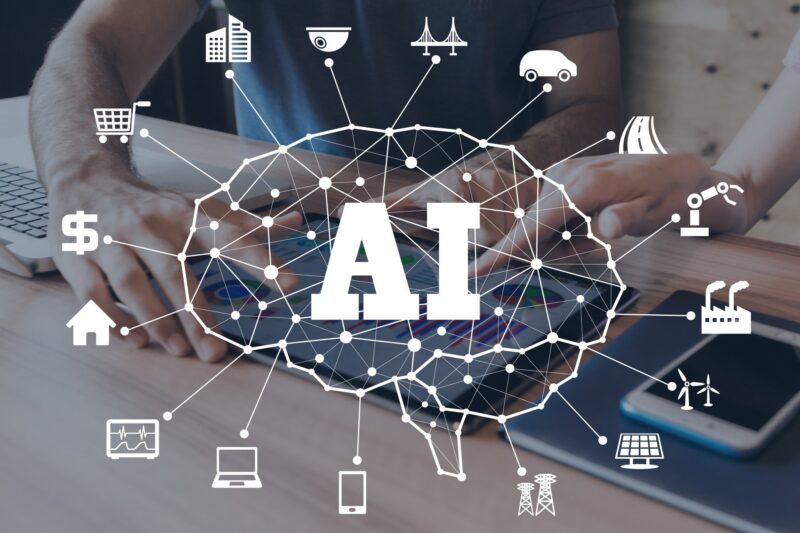Artificial intelligence (AI) has transformed from a futuristic concept into a practical necessity for modern businesses. From streamlining operations to improving decision-making, AI tools are helping companies gain efficiency, reduce costs, and stay competitive in a rapidly changing marketplace.
Board Advisory Recruitment has also emerged as a strategy for guiding leadership teams on how best to adopt AI responsibly, ensuring that innovation aligns with governance and long-term strategy. By adopting the right AI solutions, organizations can not only optimize workflows but also unlock new opportunities for growth and innovation.
Automate Repetitive Tasks for Efficiency

One of the most immediate benefits of AI tools is automation. Repetitive, time-consuming tasks such as data entry, scheduling, or report generation can easily be delegated to AI systems. This frees employees to focus on higher-value work that requires creativity, problem-solving, and human judgment.
For example, AI-powered chatbots can handle routine customer service inquiries, while robotic process automation (RPA) software can process invoices, manage payroll, or update databases with minimal human intervention. By reducing the burden of manual tasks, companies improve accuracy and productivity while lowering operational costs.
Enhance Decision-Making With Data Analytics

AI tools excel at analyzing vast amounts of data quickly and accurately. Businesses can leverage AI-driven analytics platforms to identify patterns, forecast demand, and make better-informed decisions. For instance, retail companies use AI to predict purchasing trends, while logistics firms apply it to optimize delivery routes.
Machine learning algorithms also enable predictive maintenance in industries such as manufacturing, where equipment data is analyzed to anticipate breakdowns before they occur. This minimizes downtime and saves costs, ensuring smoother operations. By making data-driven decisions, businesses can adapt faster to market shifts and gain a competitive edge.
Personalize Customer Experiences

Customer expectations are higher than ever, and personalization has become a key differentiator. AI tools enable businesses to deliver tailored experiences at scale by analyzing customer behavior, preferences, and interactions.
E-commerce platforms, for example, use AI recommendation engines to suggest products that match customer interests, boosting sales and satisfaction. Similarly, AI-driven marketing platforms optimize campaigns by targeting the right audience at the right time with customized messages. By improving engagement and loyalty, personalization directly contributes to revenue growth.
Conclusion
AI tools are no longer optional—they are essential for improving business operations in today’s competitive environment. By automating repetitive tasks, enhancing decision-making, personalizing customer experiences, and streamlining collaboration, businesses can achieve greater efficiency and long-term growth. With the guidance provided through Board Advisory Recruitment, companies can ensure that their adoption of AI tools is both innovative and sustainable. Organizations that embrace AI wisely will not only optimize their operations but also set themselves apart as leaders in the digital age.


